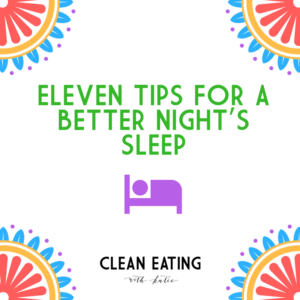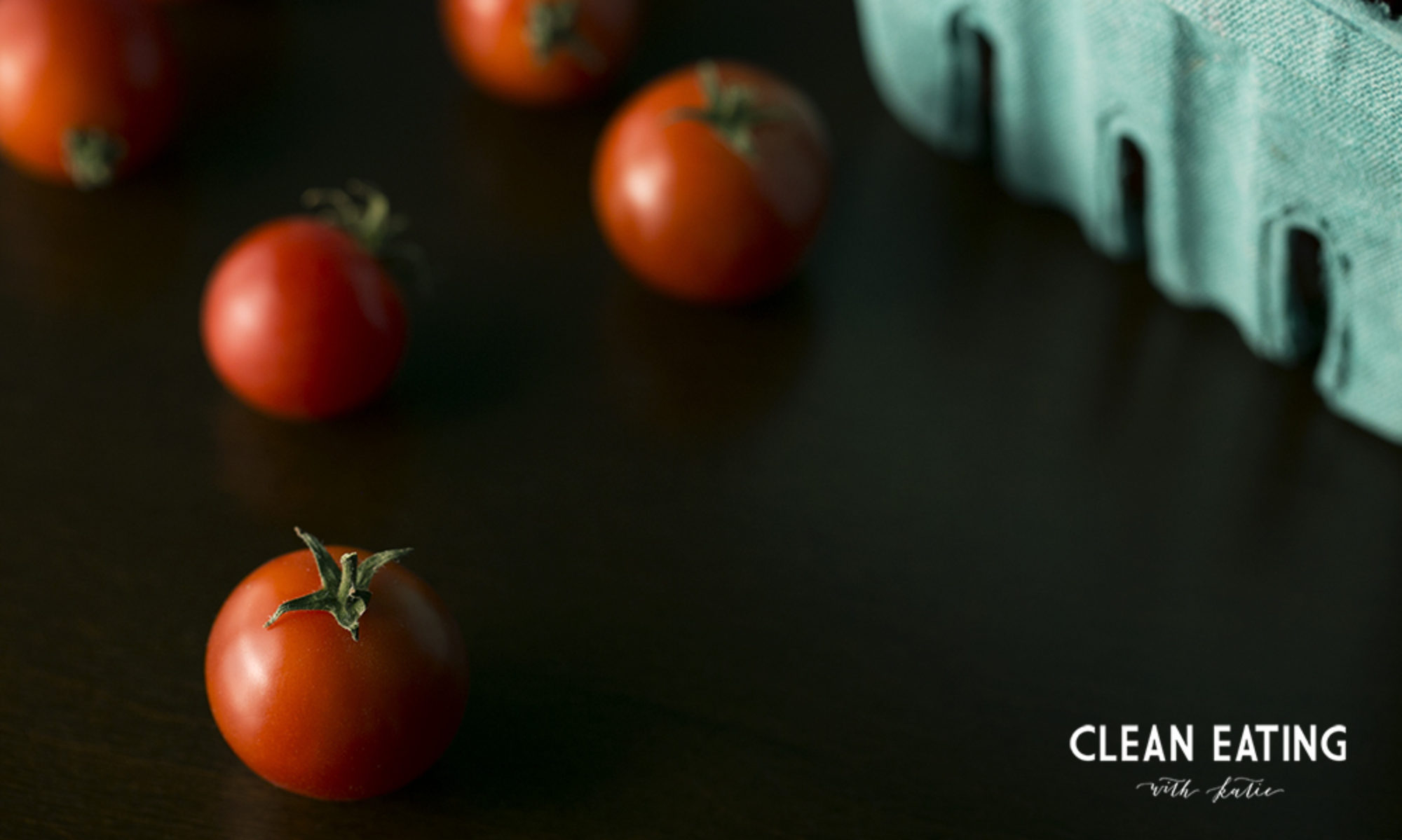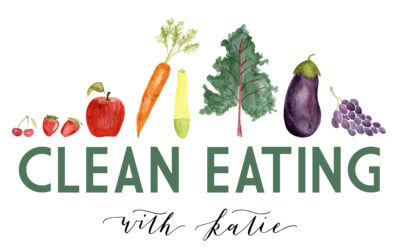 I originally wrote this as a handout for my Nutrition Classes. I wrote up aCondition and Nutrient Report for Anxiety Disorder Management and decided to focus on Sleep for my Educational Handout. Since SLEEP is elusive for many of us AND since almost any health concern can be helped with a better night’s sleep, I thought I’d share it here on the blog. What tips help you to get a good night’s sleep?
I originally wrote this as a handout for my Nutrition Classes. I wrote up aCondition and Nutrient Report for Anxiety Disorder Management and decided to focus on Sleep for my Educational Handout. Since SLEEP is elusive for many of us AND since almost any health concern can be helped with a better night’s sleep, I thought I’d share it here on the blog. What tips help you to get a good night’s sleep?
Here it is!
It’s no secret that a good night’s sleep is good for you. It is your body’s time to repair and regenerate. But not only is sleep good for you, but it can also help with managing Anxiety Disorders.
Eleven Steps to Ensure the Best Night’s Sleep:
- Humans thrive on routine and having a nighttime routine can help to get your body and your brain ready to power down for uninterrupted sleep (Ramos, 2015).
- Reserve your bed for sleeping and making love. Avoid watching TV or working in bed because the brain will associate those things with the bed and have trouble powering down (Scott, 2010).
- Sleep in a room that is as dark as a cave by getting rid of lights from alarm clocks and other devices. In order to produce enough melatonin (and therefore serotonin), your body needs it to be dark. If you can’t get your bedroom pitch black, try an eye mask (Scott, 2010).
- Shower or take an Epsom salt bath before bed because it raises your body temperature. After, there is a slight drop in body temperature that signals your brain that it’s time for sleep (Breus, 2006). The Epsom salts contain magnesium, which is also relaxing.
- Noise can make falling asleep challenging. Being awoken in the middle of the night also makes it challenging to fall back to sleep. Try earplugs, a noise machine, SleepPhones with music or meditation music to help fall asleep or to fall back asleep when woken up in the middle of the night (Scott, 2010).
- Meditate for at least five or more minutes before bed to create a relaxed state of mind (Bauman, 2015).
- Keep your bedroom cool (Scott, 2010).
- Avoid technology (especially tablets and smart phones) for about an hour before bed. The lights emitted really disturb sleep patterns (Breus, 2006).
- Keep a consistent bedtime, preferably around 10pm (Scott, 2010).
- Try diffusing essential oils for relaxation. Lavender, Roman Chamomile, and Valerian can support relaxation and sleep (Higley, C. & Higley, A., 2013).
- Count backwards by threes (400, 397, 394, etc.). Dr. Breus (2006) suggests that this is challenging enough to keep your interest but boring enough to put you to sleep. I have also tried an “appreciation body scan” where I start at my feet and legs, thanking them for their hard work for the day and work my way up. I almost always fall asleep before I get to thanking my head.
Things to Avoid:
- Caffeine is a common sleep disruptor. Depending on the person, even caffeine consumed early in the day can disrupt sleep. It is stimulating to the body by raising cortisol and adrenaline levels and it depletes serotonin and melatonin (Scott, 2010).
- Alcohol often causes people to have disrupted sleep. It is best to minimize alcohol intake to improve sleep (Bauman, 2015).
Supplements to Try:
- Try drinking Calm – a magnesium supplement before bed. Magnesium is a natural relaxer and is stress reducing (Bauman, 2015).
- Tart cherry juice contains melatonin, which supports sleep (Breus, 2006).
- Melatonin is the precursor to serotonin, so supplementing with melatonin can help support a restful night’s sleep and less anxiety (Bauman, 2015).
- Vitamin B6 supplement can help to improve the quality of your sleep (Scott, 2010).
References:
Bauman, E. (6/20/15-9/30/15). Personal Communication
Breus, M. (2006). Good Night: The Sleep Doctor’s 4-Week Program to Better Sleep and Better Health. New York, NY: Penguin Group Inc.
Higley, C. & Higley, A. (2013). Quick Reference Guide for Using Essential Oils. Spanish Fork, UT: Abundant Health.
Jacobs, A. (2012). Drop Dead Healthy: One Man’s Humble Quest for Bodily Perfection. New York, NY: Simon & Schuster, Inc.
Scott, T. (2010). The Anti-Anxiety Food Solution. Oakland, CA: New Harbinger Publications, Inc.
Ramos, M. (2015, September). Sex Food Therapy retrieved from: http://www.sexyfoodtherapy.com/

